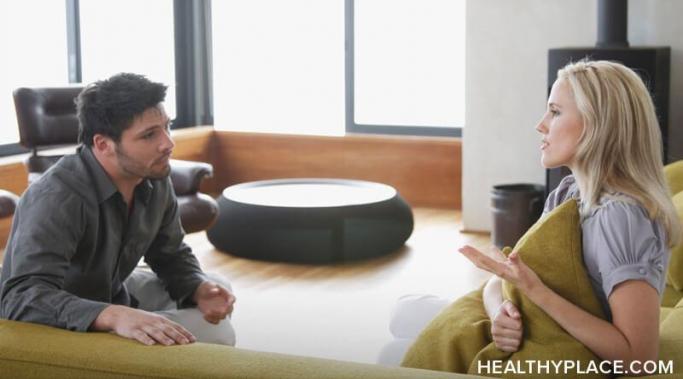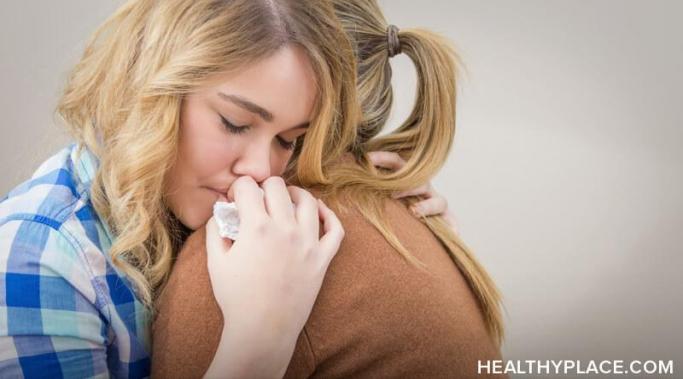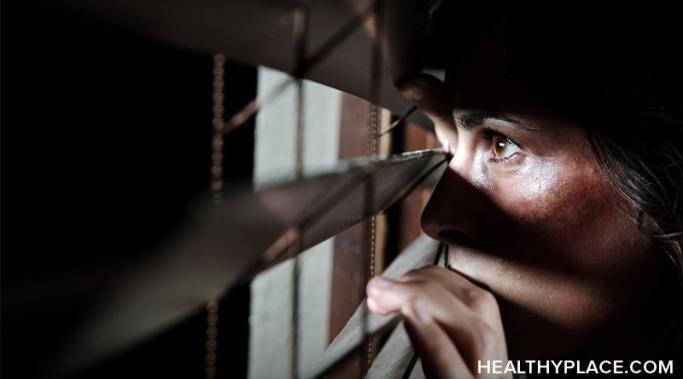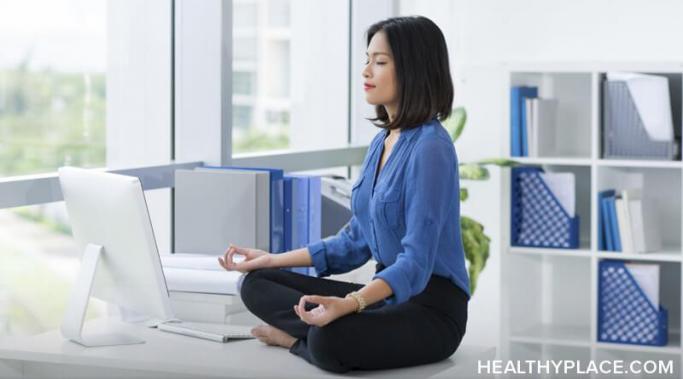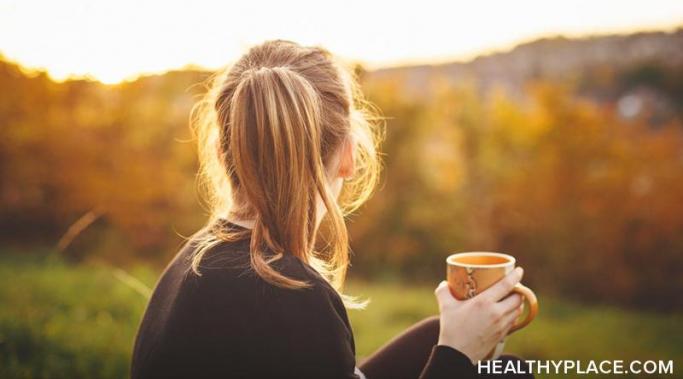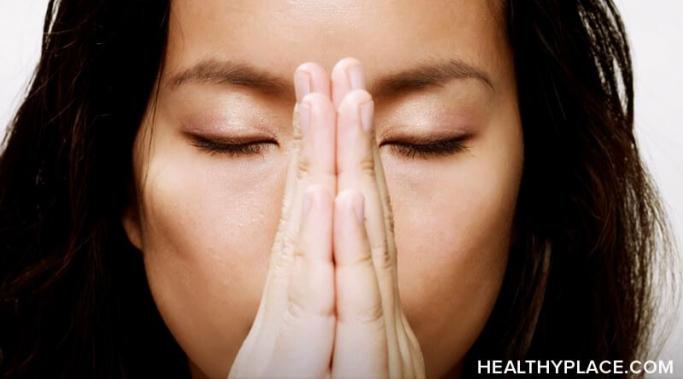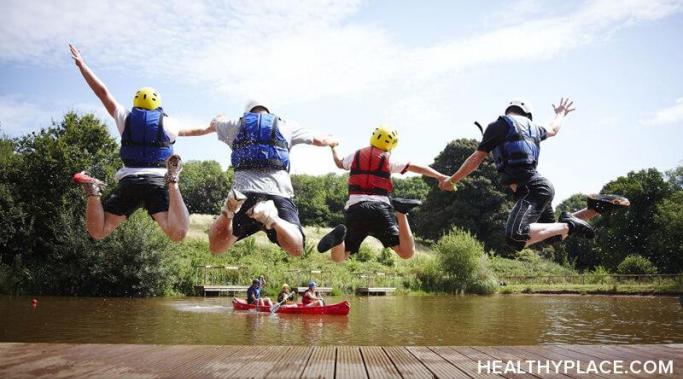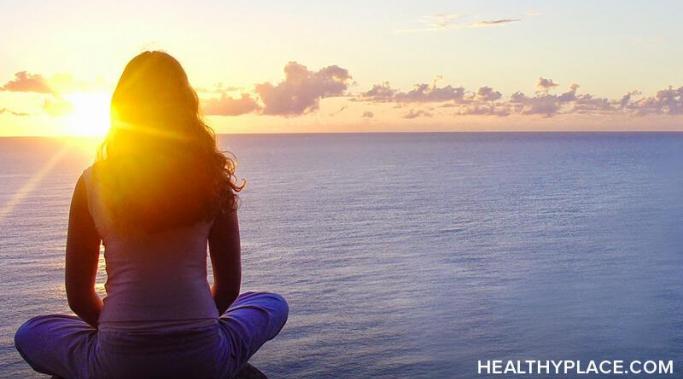If there is one thing I have learned since realizing that I struggle with chronic anxiety, it's the importance of a support system to lean on for help. While you can use many other coping strategies to manage anxiety symptoms, it is still essential to have others in your corner for support.
Treating Anxiety
This past year was extremely difficult. Many good things happened throughout the year, but my family and I also went through some tough times. As so many recently have, we experienced loss. As a result, I would be remiss if I did not talk about how grief has impacted my anxiety and vice versa. Experiencing loss has made me stop to think about the emotional journey of grief. Furthermore, experiencing loss and the process of grief has taught me how to cope when enduring a deep ocean of emotions, which can be difficult to surface from.
How do we cope with anxiety during the transition to a post-COVID-19 world? For people experiencing anxiety, the return to a new normal can be really frightening and difficult. As exciting and positive as the transition may be as a whole, returning to typical social, work, or travel routines can bring with it a new set of worries or bring up old ones.
It's the start of a new year, and you may have decided on setting some New Year's resolutions for yourself. This is a great way to start the year, and it is something I try to do every year as well. What I have found over the years is that it is not only a great thing to set goals for myself, but it is also a helpful way to control my anxiety.
Why should you focus on your breath during holiday anxiety? Well, even in the best of times, the holiday season heralds in more than just the new year -- it can bring a lot of anxiety too, and focusing on your breath can have some amazing benefits.
We are on the verge of a new year, and that's making some of us anxious. This has been a challenging year, to say the least, and as we get closer to the end of the year, we are still living in uncertain times. I know that, personally, these uncertain times continue to cause tremendous amounts of anxiety as we approach the turn of the year.
We are now in the holiday season, and even though things look a little different than they typically would around this time, remember that you can overcome anxiety with gratefulness. I know that anxiety is something many of us can't seem to avoid. We may even find that we are experiencing more anxiety than usual.
I noticed while trying to think of a topic for this week's article that I often write about anxiety in terms of the individual experiencing it, but up until now, that has not included asking for help when you're anxious. I'll sometimes bring up things like helping someone else with anxiety, but I rarely discuss how to ask for help when you feel anxious yourself.
It's that time of year again. It's the holiday season, and the anxiety that goes with it is here too. Even though the holidays look a little different this year due to COVID-19, anxiety is still something that you may experience. I know I do.
Why would you think like a scientist to reduce anxiety, and what does mindfulness have to do with it? I've noticed something over the past several weeks, and I want you to know how thinking like a scientist can greatly reduce the anxiety you feel.
